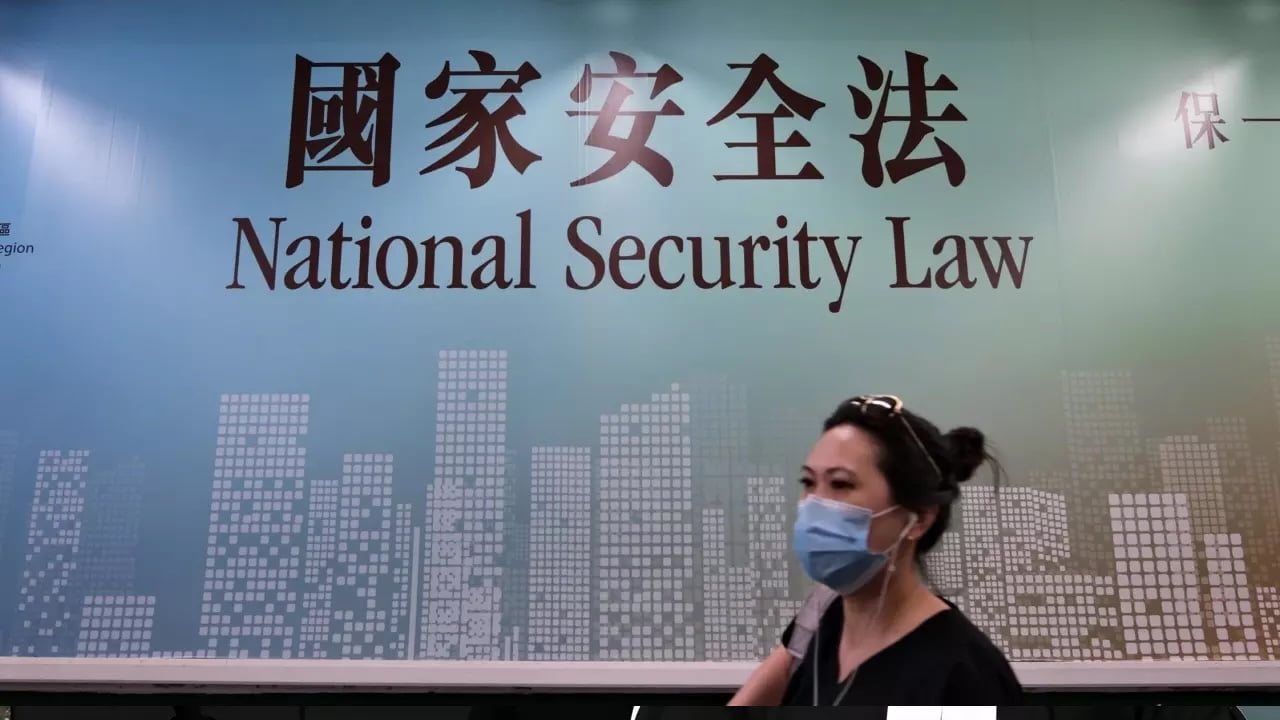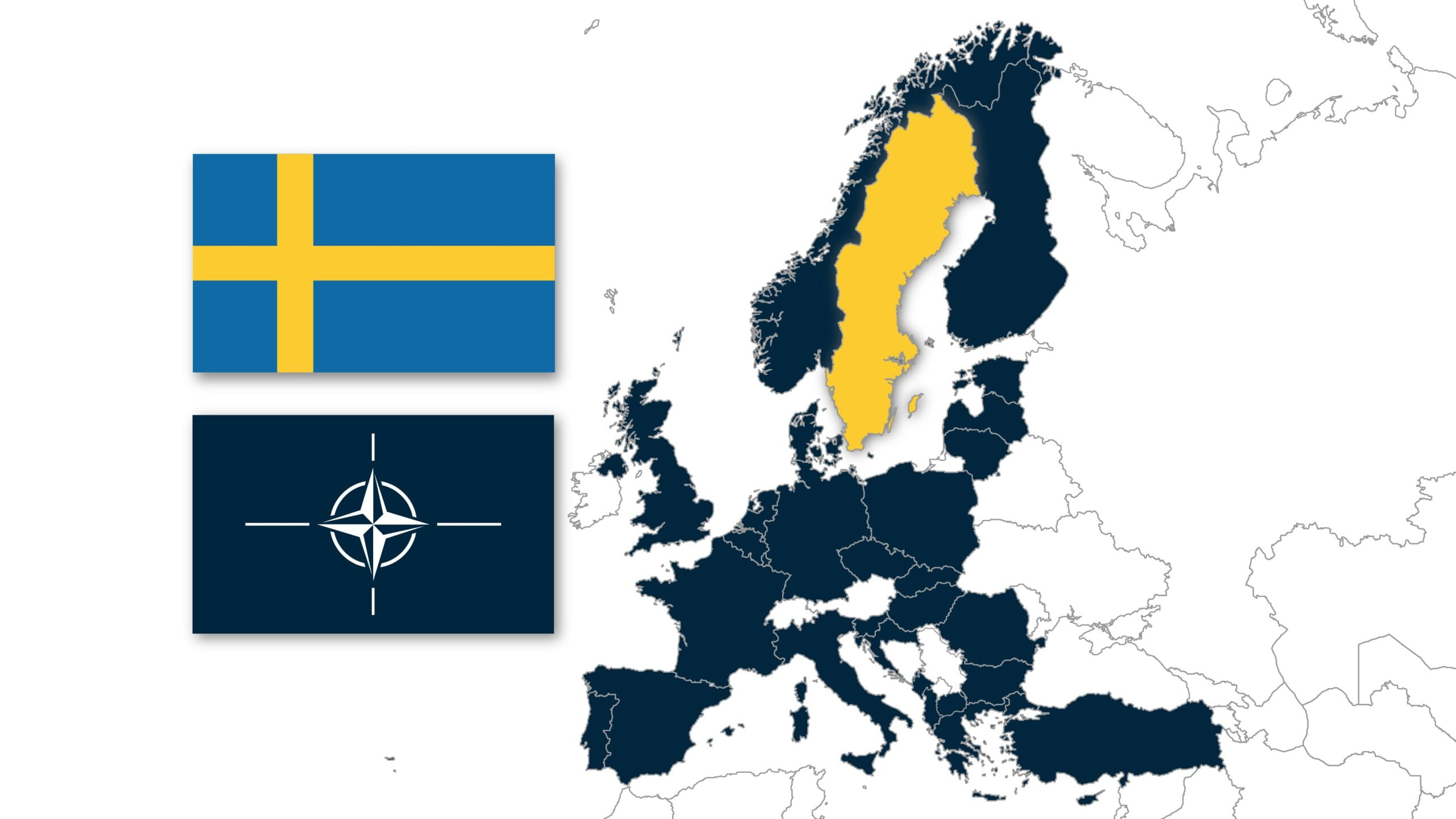The new national security law a legislation under Article 23 has been passed in Hong Kong Parliament. This is the second in a row of national security laws since 2020. The legal personnel has feared that the new law shall broaden the scope of defining sedition and state secrets, with tougher penalties for anyone under conviction. The new law encompasses treason, espionage and external interference is being closely watched by foreign businesses. Notably, the most serious offences are sometimes punishable with life imprisonment, convicted of involvement with ‘external forces’.
The term ‘forces’ indicates both the foreign governments and the foreign businesses. Defining the term ‘external interference, the legislation of the bill mentioned: “with intent to bring about an interference effect, collaborates with an external force to do an act”. Experts believe that the Communist Party of China (CCP) might be sweeping the meaning of the term ‘interference’ to match their political interests. They point out that the application of national security laws in Hong Kong has already transformed the outspoken city into a silent one by jailing dozens of political opponents and media personnel.
What is the latest Legislation of Article 23?
All the views and opinions expressed are those of the author. Image Credit – Philstar.
About the Author
Sanchaly Bhattacharya is a teaching assistant at the Jindal School of International Affairs (JSIA). She is a contributing writer for various think tanks and news media outlets such as Organisation for Research on China and Asia (ORCA), Defence and Security Alert Magazine and Modern Diplomacy. She is currently pursuing Master of Arts (MA) in Diplomacy, Law & Business from O. P. Jindal Global University (JGU) and Master of Public Administration (MPA) in Governance & Public Policy from Netaji Subhash Open University, Kolkata. She holds a Bachelors degree in Geography & Economics from West Bengal State University.



